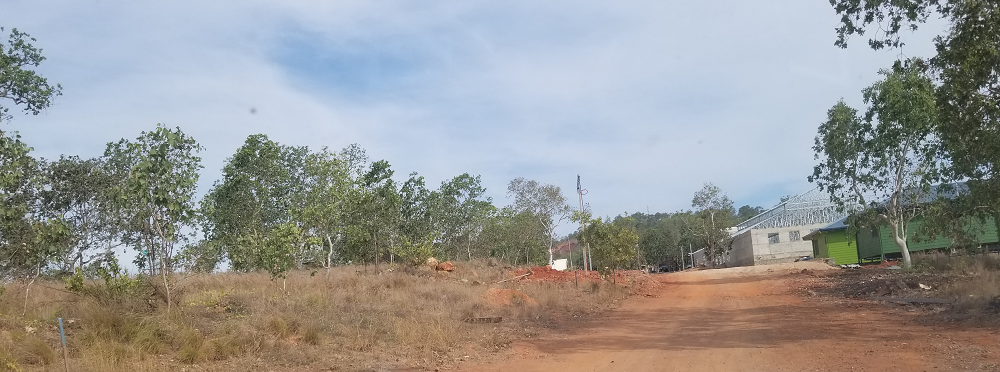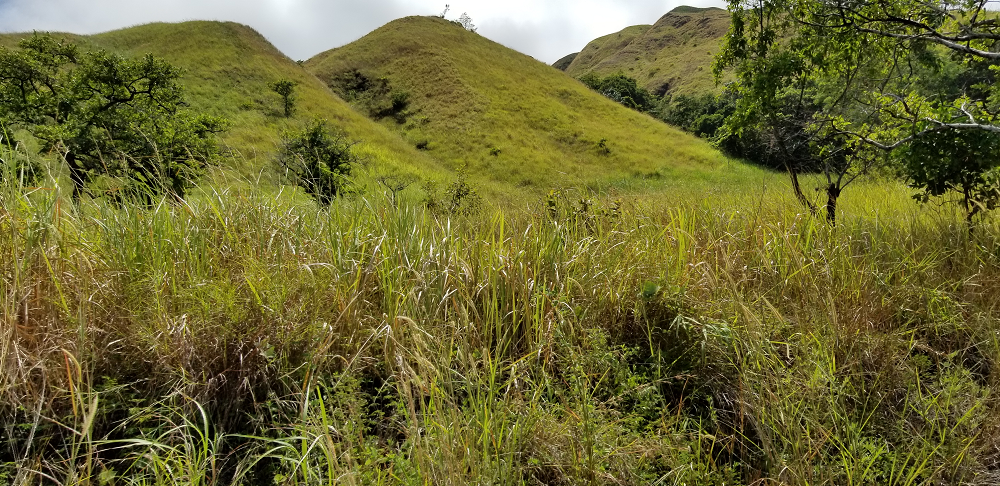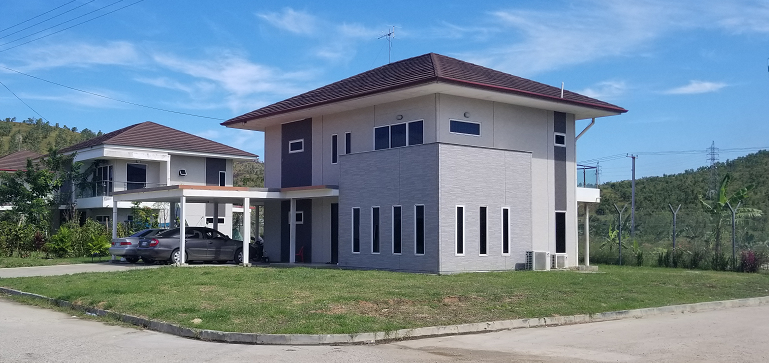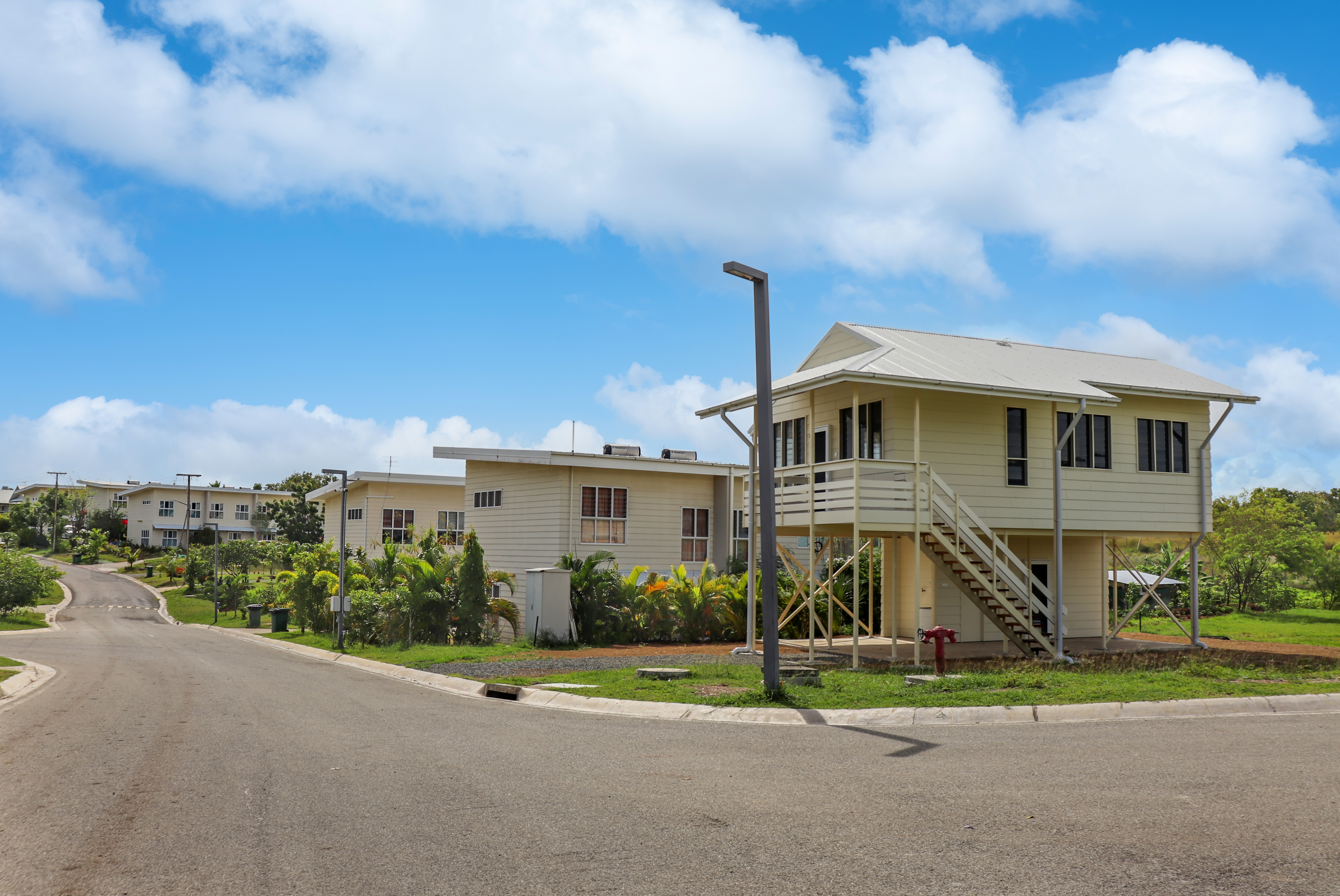Property ownership laws in Papua New Guinea have been developed since the arrival of colonists on the island in the 1800’s. Given the emphasis on the significance and utility for livelihood of land in customary times, the laws in PNG have been designed and amended to cater for these values.
Despite a lack of empirical evidence, it has been estimated and reported by the Oxford Business Group that around 97% of the land in Papua New Guinea is under customary ownership and many of those are not formally on record with land titles. The remaining 3% is a combination of both State land or freehold land.
A careful study of the country’s laws surrounding land ownership as well as the mechanisms involved in acquiring a title or a lease will be advantageous for anyone searching for general information or considering investing in property in PNG.
Land Titles & Ownership
The three main recognized forms of land ownership are leasehold, freehold and customary land ownership, which will each be discussed further below.
1. Leasehold Titles and Ownership
Leasehold titles involve a person who owns the land, but gives it to another who will have possessory title over property on the land for a period of time. In PNG, the most common form of leasehold dealing is through a ‘State lease’ lasting a maximum of 99 years. State leases are given for State or ‘alienated’ land. The term alienated refers to land that was customarily owned but was acquired by the Government for public purposes.
The process of administration of State leases is carried out by the Department of Lands and Physical Planning, and begins with an allocation of vacant land in accordance with the physical planning set for a particular area; that is whether a place is to be sold for residential, commercial or industrial purposes. When the allocation has been done, vacant land gets published in the National Gazette under the heading ‘Land Available for Leasing’. Individuals and companies may then apply for the lease of this land from the State.

A lease may be applied for a period not exceeding 99 years and at its expiration the State is allowed, but not obliged to, renew the lease. Applications for State Leases are made to the Land Board which considers them and based on their merit, submits to the Minister for his decision. The Minister has the final say in granting or rejecting an application for a State Lease. In an instance where a lease is granted, the application will be published in the National Gazette under the heading ‘Successful Applicant.’
A benefit of State Lease titles, particularly in a country where land ownership forms a bulk of legal disputes are that Papua New Guinea had adopted the Torrens Title system of land registration, which means that the is that once it has been registered and certified, that is regarded as conclusive evidence to the validity of the ownership of this title and cannot be challenged or defeated.
2. Freehold Title
Freehold titles indicate that the name of the person or business group on the Certificate of Title (COT) owns both the property and the land upon which it stands. Land which can be converted to freehold is originally customary land and cannot be State Land, it is for that reason that Freehold land can only be applied for by Papua New Guineans and not expatriates. Because the land is not owned by the State, Freehold titles are owned for an indefinite period of time and do not have to revert back to anyone.
Freehold titles are administered by the Land Titles Commission and involves an application being made to the Commission for a Conversion Order for the land to be registered as a freehold title.
All freeholds titles have “Restrictions” detailed on the back of the Certificate of Title at the time of registration. These restrictions have been specified under Section 26 of the Land (Tenure Conversion) Act prohibiting the title holder from transferring the land for a certain period of time. For instance, one is not allowed to transfer the lease for a period longer than 25 years and removal of these restrictions only this can be done with the approval by the Land Board. Freehold land can not be used as a consequence of bankruptcy, insolvency etc.
3. Customary Land Title
Making up the majority of land in PNG, it is important to take note of customary land which is also termed “unregistered land” because it doesn’t need a certificate to prove its validity. Given the country’s unique legal system which recognizes both customary and common (English) law land rights, the issue of customary land ownership and the specifics of boundaries are determined through the traditional mediation processes used by customary land owners.
Customary land has the potential to be utilized to benefit many people if handled properly. One way is to register land under as an Incorporated Land Groups (ILG). This, among other things, identified all of the people with an interest in the land. This land can then be leased to businesses to conduct operations on the land and the customary landowners may in return receive royalty payments.

4. Incorporated Land Group (ILG)
Incorporated Land Group is a concept introduced after the first three forms of property ownership, but still require a mention as they have been encouraged, as reported by Loop PNG, to be a countermeasure to land grabbing. In comparison to freehold, they involve a large number of groups or clans that have come together to register their members and respective customary land under one group. An ILG can then lease this land to businesses (most common mining companies) who operate on their land, in return paying royalties to the members of the ILG.
The group will apply to the Registrar of Titles for recognition and their application must be submitted with survey plans of the proposed land. After deliberation, an issued Conversion Order will be given to the Registrar of Titles (ROT) and they will issue a Certificate of Title.
The Land Title Commission is responsible for the carrying out of investigations into applications to ensure that all interests in the land are addressed to prevent future disputes. However, if a dispute arises, the Land Title Commission has a mechanism in place to hear and settle disputes.
In order to be kept up to date on the land which is available for sale or for renting, subscribe to our newsletter at Hausples.com.pg. PNG Property Guide provides potential and existing investors, property developers, home buyers and renters, with an overview of of the Papua New Guinea’s property market including: a broad historic, economic and cultural overview; detailed information regarding property ownership laws, including expatriate property rentals and purchases; and demand and sentiment data from the 2018 PNG Real Estate Survey conducted by Hausples.com.pg.




Comments